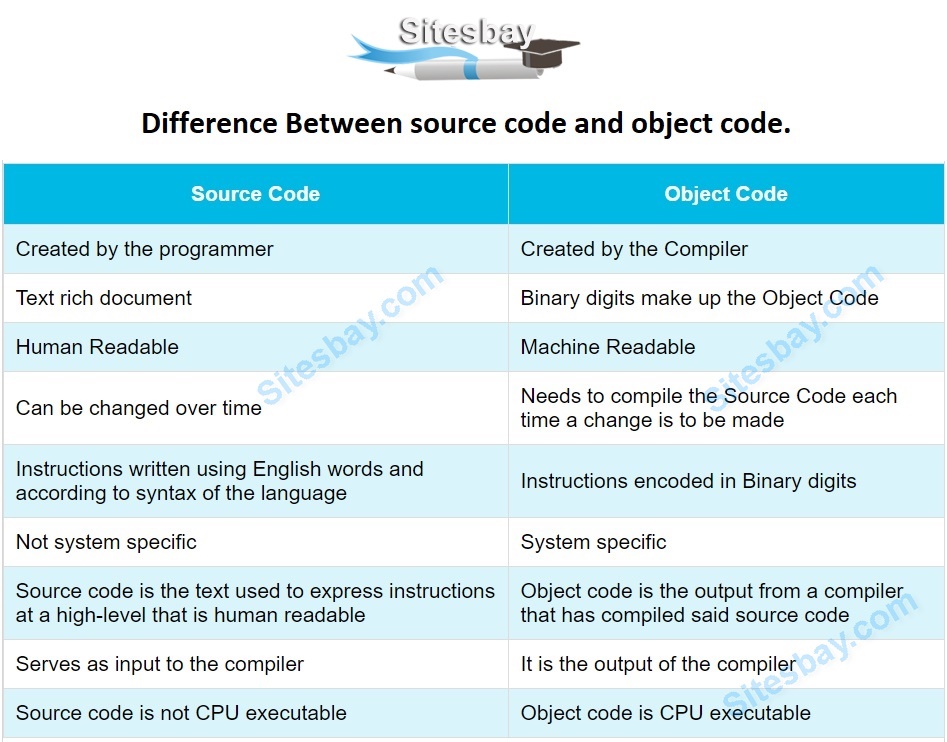

To use Obfsproxy, you must install it on your computer, and it must be installed on the VPN server you are connecting to. It was created by the Tor network when China started blocking Tor nodes - but it can be used outside of the Tor network to mask VPN connections. Obfsproxy is a tool designed to make VPN connections difficult to detect. There are several ways to avoid advance deep packet inspection, but they will probably require co-operation from your VPN providers, and they will slow down your internet connection. In cases like this you will need more sophisticated cloaking techniques (see below). However, some governments (China, Iran) are now using methods to detect the difference between “normal” SSL encryption and VPN encryption. So using port 443 makes a lot of sense, because it is very difficult to detect your traffic amongst all the other secure traffic on this port. Whenever you see “https” in a web browser address (for example while access an online bank or access web-based email) your browser is using a HTTPS connection on port 443. This is because 443 is the default port for HTTPS, and this protocol is heavily used by web browsers for secure connections. When you switch to port 443 your traffic will be camouflaged. OpenVPN uses port 80 by default, and this port is usually heavily monitored by firewalls. One of the simplest way to do this is to forward your OpenVPN traffic through port 443. To avoid Deep Packet Inspection, you must hide the fact that you are using a VPN. Packet Inspection involves examining your internet traffic and trying to determine what you are doing (for example using a VPN). “Deep Packet Inspection” is usually done at the ISP (internet service provider) level, on behalf of a government. A “packet” is a chuck of computer data that is sent over a network. If you need a introductions to VPNs (Virtual Private Networks), please see this article. Proxy.SH uses “obsf proxy” (good privacy options).VPN.AC uses TLS-authentication to mask OpenVPN handshake packets (thus hiding it from Deep Packet Inspection).ExpressVPN (fast, excellent customer support) - uses a confidential method of packet obfuscation.These VPN providers are the best to use in countries with internet censorship:


 0 kommentar(er)
0 kommentar(er)
